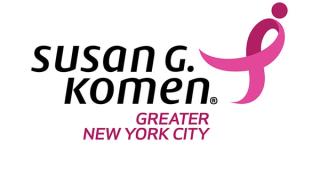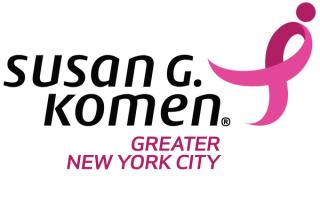
Breast Cancer
Latest News
Latest Videos

More News

Surviving breast cancer showed me that life is precious, but I also would like to prepare for life's eventualities.

After receiving a diagnosis of ER-positive breast cancer, I took a cancer-free diet seriously.
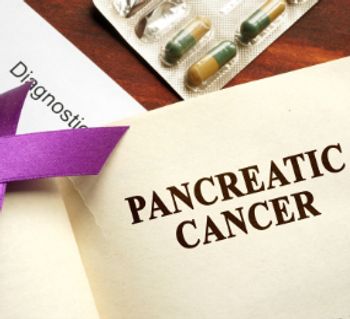
From Patrick Swayze’s widow recalling his pancreatic cancer diagnosis to Demi Moore speaking about her aunt’s courage during cancer, here’s what’s going on in the oncology space this week.

Treatment of Adriamycin, a type of chemotherapy, may be linked with breast cancer in Hodgkin lymphoma survivors, a study showed.

The addition of Lynparza to presurgical chemotherapy did not improve outcomes for patients with basal-like BRCA wild-type triple-negative breast cancer.

My firsts walking into the cancer center was a defining moment for me.

Exercise and physical activity can help patients with advanced breast cancer, especially with quality of life, two experts told CURE®.

When experiencing loss, always look forward and have hope.
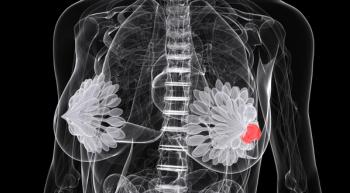
When I was diagnosed with breast cancer in July 2022, I of course turned to my art.

Undergoing cancer treatment is like pulling weeds — we hope we got the last of it and it does not return, but we can never be sure.
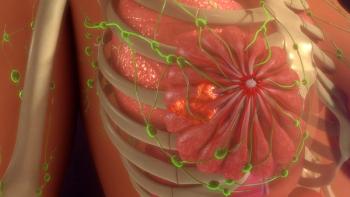
Certain levels of immune cells in the breast tissue were associated with better survival in triple-negative breast cancer, according to recent research.

Enhertu has been approved by the FDA for certain patients with unresectable or metastatic HER2-positive solid tumors.

The Food and Drug Administration granted UTD1 an orphan drug designation to treat brain metastases in patients with breast cancer.

Questions about cancer can often be confusing and frustrating.

The firsts I experienced after receiving a diagnosis of triple-negative breast cancer opened my eyes to the beauty of life.

Recurrence is common enough that all of us need to act on potential symptoms.

The threat of breast cancer looms over me, even the pain is a threat.
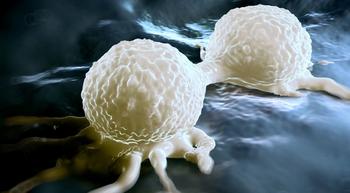
My mother was a 50-year breast cancer survivor, but the second bout was relentless.

Men with breast cancer tend to have two peaks of time when the risk for breast cancer-specific mortality is increased, compared with women, a study showed.

Cancer is a terrible disease, but sometimes it offers an important perspective I wouldn't have had otherwise.

My right breast took the brunt but my left breast cried for years.

I couldn't help but pray for Kate Middleton and her recent diagnosis of cancer.

Certain oral chemotherapies may cause hand-foot syndrome, but reducing the dose of the drug allows it to heal, an expert told CURE®.

I had been diagnosed with triple-negative breast cancer just three months after my mother passed away from the same disease.

While there is no prevention for lymphedema, there are ways to detect the condition early on, leading to better outcomes and quality of life.








